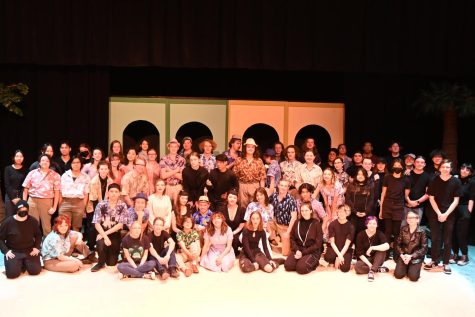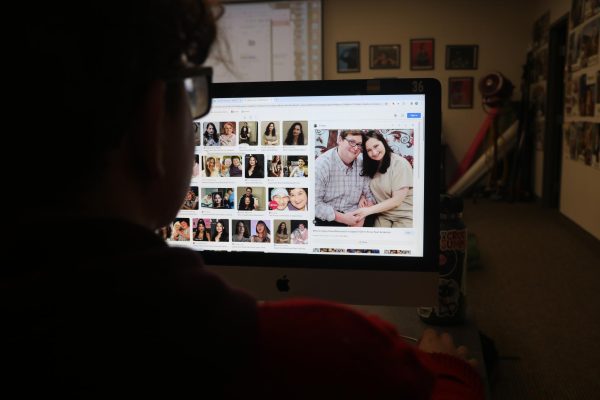What would happen if we limited the use of technology in our lives
TECHNOLOGY has been revolutionized dramatically over the last couple of decades, and I know for sure it’ll continue evolving for quite some time.
Technology takes various forms, mostly being efficient devices that range from affordable to very expensive prices– and people will do anything to get their hands on the latest model.
Technology has become a big part of our lives and has made life much more easier for us humans. There are many types of positives things that technology can bring us. Statistics on oddessyonline.com show that 96% of people in the US use technology daily. Now that doesn’t surprise me, because I am aware that everybody I know uses some form of technology everyday.
Medically, technology has been enhanced in so many ways, saving many lives and being a major aid to medical professionals all around the world. Educationally, we as students use technology everyday in order to turn in assignments and research for homework on personal knowledge online.
Thanks to the help of technology, scientists are able to use it to help discover cures for diseases and future possibilities for a better life later on.
Technology pretty much controls the world. For the most part, I think the most common use of technology is when people just hang out on their phones and scroll through their usual social media apps to satisfy their needs.
Some may be familiar with that overwhelming feeling you get when your notifications flow consistently and you try to give your attention to it as fast as you can. But many are unaware of the dangerous situations most people put themselves in, such as being at risk for identity fraud. I read on a website called SimpleThriftyliving.com that the most common types of identity fraud is financial identity theft, where a criminal steals another person’s credit card information or bank information to make unauthorized purchases.
I researched more into the idea of the most antisocial generation, and it showed on byu.edu.com that 75% of children and teenagers wake up with their eyes fixed on a screen.
I’m not going to lie, I am one of those people. But the thought of that scares me a little. I sometimes wonder what the future will bring.
I have witnessed a number babies crying and throwing tantrums just to get their hands on a phone or an iPad. I find it so intriguing that some babies know how to control technology before they even learn how to walk.
Despite all the good and bad things about technology, it’s hard to picture what life would be like without technology. What would the world be if each individual didn’t get the satisfaction their devices bring them. I know for sure that most people have a nervous breakdown when they lose their wifi connection, lose their phones, or even when the battery dies. That being said, imagine if we had to destroy all forms of technology.
I imagine a world full of books, because that would be our only way to collect our knowledge instead of the fast and accurate information we search for on google.
I imagine more people socializing with each other instead of talking through text messages or Snapchat.
On a website called theoddyessyonline.com, I read that the advent of technology has transformed human lives by increasing their quality of life, yet in various ways it drifts us apart when interacting face to face. Some of the members of the most recent generation have not developed the way of conversing with each other that other generations have
Some may not experience living life the simple way and experiencing new faces everyday, having constant communication between one individual to another, and even realising the beauty of nature more often than we usually do.
If there was a debate of a group of people deciding whether technology is good or bad, I think most likely the group of positive debaters would win, because to us the usefulness of technology would dominate the negatives and dangers of technology.
I personally think that technology is essential in our everyday lives but I hope that people don’t fall into a trap where they no longer witness the beauty of their surroundings and only stare at their screens for the rest of their lives.












